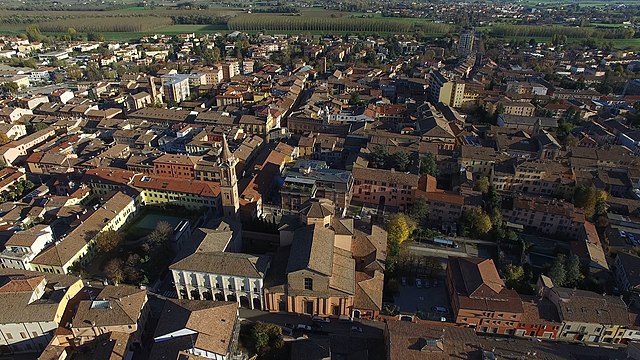Infinite photos and videos for every Wiki article ·
Find something interesting to watch in seconds
Celebrities
Best Campuses
Great Cities
Great Museums
Wars and Battles
Sports
Recovered Treasures
Tallest Buildings
Largest Empires
Famous Castles
British Monarchs
Crown Jewels
Orders and Medals
Ancient Marvels
Richest US Counties
Countries of the World
Great Artists
World Banknotes
Largest Palaces
Kings of France
Rare Coins
Supercars
History by Country
Presidents
Animals
Wonders of Nature
more top lists






